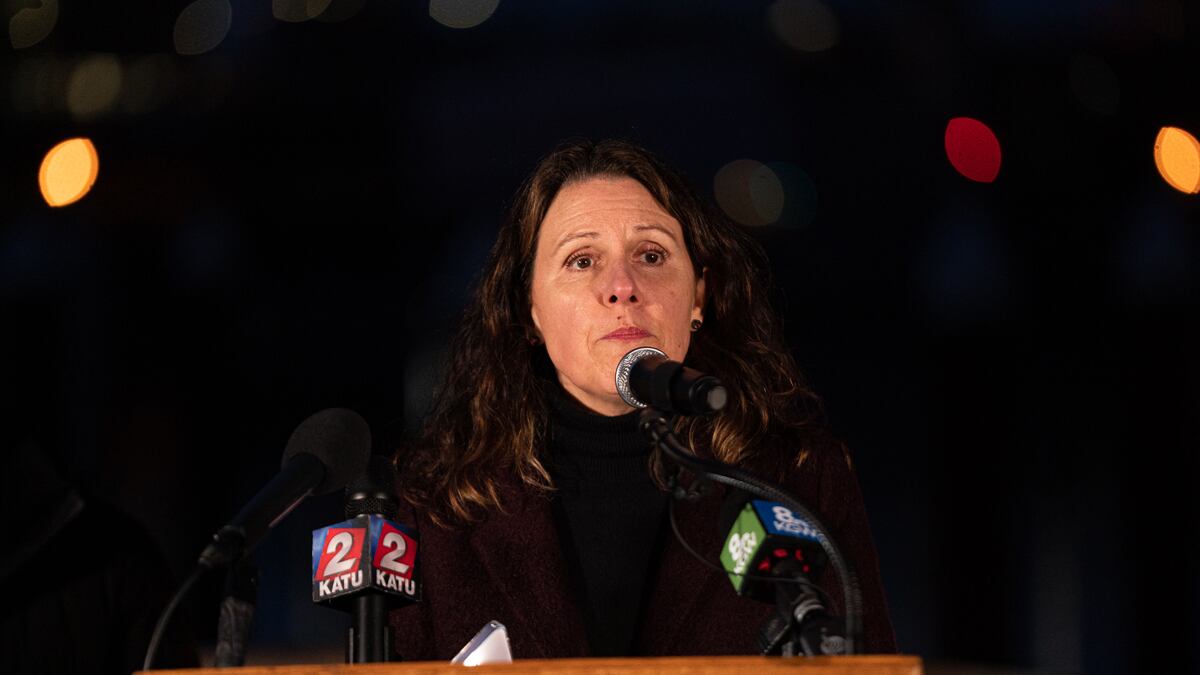On Thursday, WW broke the news that Mayor Ted Wheeler intends to announce a future ban on unsanctioned camping next week and will share his plan to build three 500-capacity homeless campsites.
WW then reported how Wheeler and City Commissioner Dan Ryan wrote to Multnomah County Chair Deborah Kafoury, requesting that the county fund and build the massive campsites, open all of the county’s funded shelter beds, and open treatment facilities—colossal logistical and financial asks.
On Friday morning, Kafoury emailed her fellow county commissioners and their chiefs of staff about the news. She told them Wheeler had previously shopped a less ambitious version of the proposal, and the plan he sent Thursday was very different and more expansive. She did not say how she would reply to the city.
WW asked the chair if she would seriously consider any of the requests made in the city’s letter. She did not answer the question directly.
“Multnomah County and the Joint Office [of Homeless Services] have worked harder than anyone in this community to move people off the street and into stable, healthier homes,” Kafoury said, listing a number of accomplishments both in housing and sheltering.
She added: “And let’s also be clear: If the mayor’s office wants to ‘clean up’ this city and enforce time, place and manner laws, they don’t have to hide behind me or anyone else. They can just do it.”
The reply is reminiscent of Kafoury’s response to a draft plan mayoral aide Sam Adams shared with regional, state and local elected leaders earlier this year, proposing 1,000-capacity shelters, sweeps along highways and high-crash corridors, and clearing camps around schools.
Wheeler has used his emergency powers in the past eight months to chip away at the ideas outlined in Adams’ blueprint. Wheeler has used eminent domain to site safe rest villages, banned camping along high-crash corridors and highway shoulders, and attempted to streamline outreach to the unhoused by creating a new centralized office.
